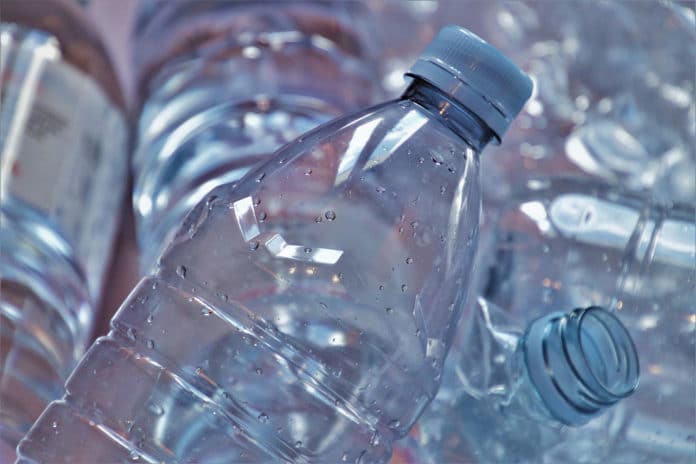Polyethylene terephthalate (known as PET) makes up one-fifth of the annual production of plastic. It is an abundant and extremely useful material, with widespread applications across society. However, there is an urgent need to develop technologies to valorize post-consumer PET waste to tackle plastic pollution and move towards a circular economy.
Researchers from the University of Edinburgh (Scotland) have devised a novel way of tackling the mounting issue of plastic pollution – by using bacteria to transform plastic waste into vanilla flavouring. Experts have used lab-engineered E. coli to transform terephthalic acid – a molecule derived from PET – into the high-value compound vanillin via a series of chemical reactions.
Vanillin is the primary component of extracted vanilla beans and is responsible for the characteristic taste and smell of vanilla. Vanilla flavoring is widely used in the food and cosmetic industries, as well as in the formulation of other products such as antifoam agents, herbicides, and cleaning products.
Experts believe the transformation could be a way to boost the circular economy, which aims to eliminate waste, keep products and materials in use, and have positive impacts on synthetic biology.
They developed a technique that uses an engineered form of E. coli bacteria for the direct upcycling of PET-derived monomer terephthalic acid (TA) into the value-added small molecule vanillin. The fact is that both substances have a similar chemical composition. As a result, bacteria only need to make minor changes to the number of hydrogen and oxygen atoms associated with the same carbon skeleton.
After process optimization, 79% conversion to vanillin from TA was achieved. Researchers say that the vanillin produced would be fit for human consumption, but further experimental tests are required.
“This is the first example of using a biological system to upcycle plastic waste into a valuable industrial chemical, and this has very exciting implications for the circular economy. The results from our research have major implications for the field of plastic sustainability and demonstrate the power of synthetic biology to address real-world challenges,” says the first author of the study Joanna Sadler.
“This is a really interesting use of microbial science at the molecular level to improve sustainability and work towards a circular economy,” says Dr. Ellis Crawford, Publishing Editor at the Royal Society of Chemistry. “Using microbes to turn waste plastics, which are harmful to the environment, into an important commodity and platform molecule with broad applications in cosmetics and food is a beautiful demonstration of green chemistry.“
This work demonstrates the first biological upcycling of post-consumer plastic waste into vanillin using an engineered microorganism.
